The CDC recommends that babies receive the PCV13 pneumococcal vaccine. Children who are severely immunocompromised or those with asplenia splenic dysfunction or complement disorders should receive 2 doses of the 13-valent.
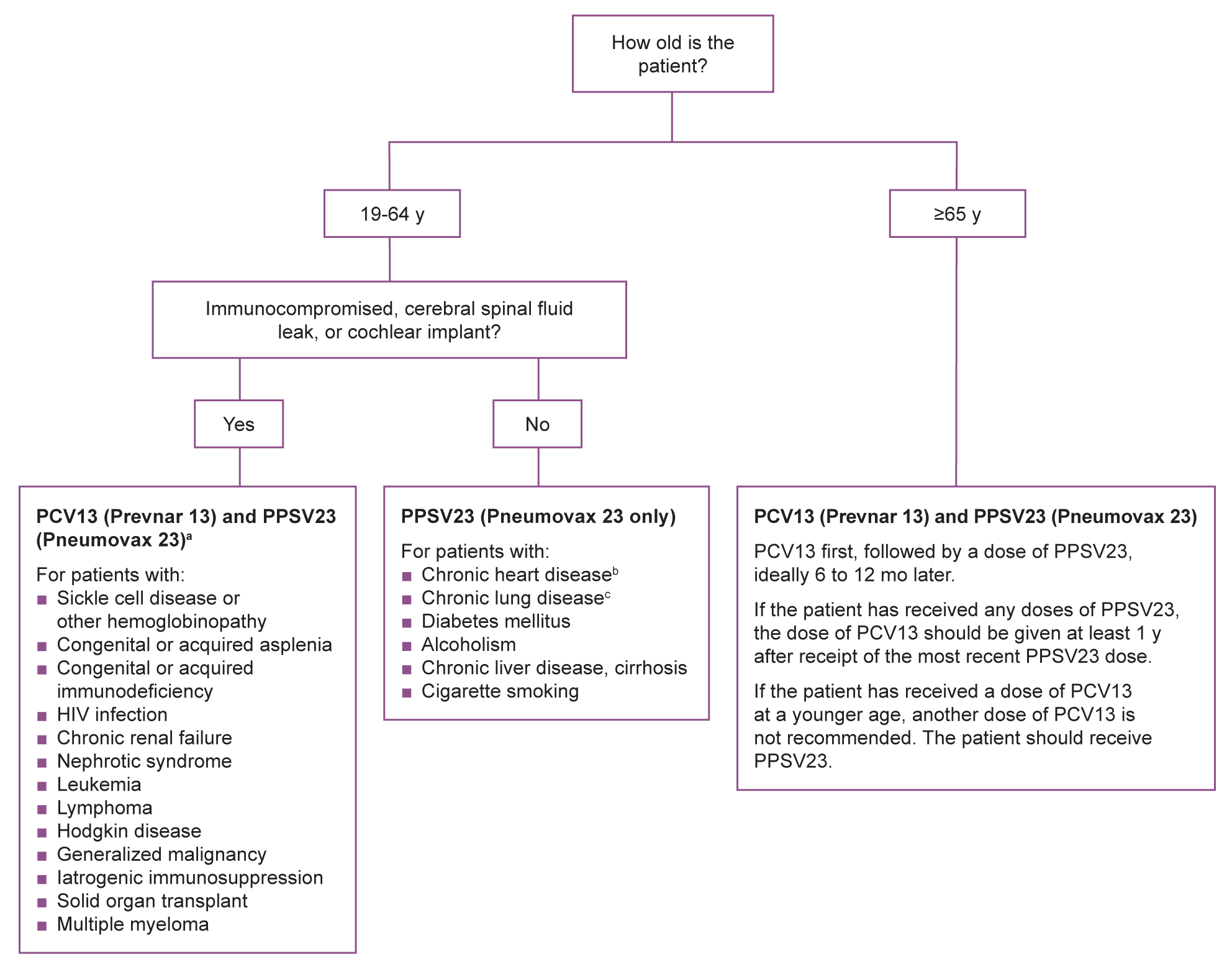
Pneumococcal Immunization Coalition Of Delaware
Children who miss their shots or start the series later should still get the vaccine.

. In many countries the pneumococcal vaccine is first offered to people as babies. Pneumococcal polysaccharide vaccine PPSV23 CDC recommends PCV13 for all children younger than 2 years old and people 2 through 18 years old with certain medical conditions. The pneumococcal booster dose between 12 and 13 months is usually given at the same time as the HibMenC MMR and MenB vaccines.
The vaccine covers 15 strains and has not yet been tested head to. The pneumococcal vaccines given to babies at 12 weeks of age with a booster dose given between 12 and 13 months. Doctors give this vaccine to children at 2 4 6 and 12 through 15 months old and to older children who need it.
Prevnar called Prevenar in some countries was recommended for all children aged 223 months and for at-risk children aged 2459 months in 2000The normal four-dose series is given at 2 4 6 and 1214 months of age. CDC recommends PCV13 for all infants as a series of 4 doses. The first dose is given at 2 months old.
The subsequent doses are given at 4 months 6 months and. Children Younger than 2 Years Old. The infection may cause pneumonia or an ear infection.
Learn more below about which pneumococcal vaccines CDC recommends by age group and medical condition. The first at 2 months of age. Pneumococcal disease develops from an infection caused by pneumococcal bacteria.
Pneumococcal disease is spread from person to person through coughing and sneezing. Further information is available in the patient information leaflet. In Japan both PCV7 and PCV13 were introduced into the national immunization program NIP for children in 2013.
For example in the UK babies are given two doses of the vaccine. Infants get PCV13 immunizations as a series of four injections. From 1 January 2020 the infant vaccination schedule for pneumococcal vaccine PCV is changing.
There are 4 pneumococcal vaccines licensed for use in the United States by the Food and Drug Administration. A decreased appetite a slightly raised temperature irritability redness and swelling at. The pneumococcal vaccine is an injection given to protect your child from pneumococcal disease.
In February 2010 a pneumococcal conjugate vaccine which protects against. The first is given at 12 weeks old and the second at 12 months of age. All babies born on or after 1 January 2020 will receive their first dose of PCV with their other.
In the United States a heptavalent pneumococcal conjugate vaccine PCV 7 eg. Added the revised chapter for infants born on or after. Give PCV13 to infants as a series of 4 doses one dose at each of these ages.
2 months 4 months 6 months and 12 through 15 months. The vaccine can be given at any time and one injection provides years of protection. Who needs the pneumococcal vaccination.
The vaccine helps protect. CDC recommends routine administration of pneumococcal conjugate vaccine PCV13 for all children younger than 2 years of age. Prevnar 13 external icon.
Give 1 dose at 2 months 4 months 6 months and 12 through 15 months. The green book chapter 25 for infants born up to and including 31 December 2019. Vaccination of Infants Children and Adults 65 Years or Older.
A single dose of the 23-valent pneumococcal polysaccharide vaccine should then be given at 2 years of age at least 8 weeks after the last dose of 13-valent pneumococcal polysaccharide conjugate vaccine adsorbed. Pfizer NYSEPFE announced Friday that the companys 20-valent pneumococcal conjugate vaccine candidate named 20vPnC met the co-primary endpoints in a Phase 3 study involving children. Then at 4 months 6 months and 1215 months.
But the vaccine can benefit other people at different ages. Its known by the brand name Prevenar 13. In July 2021 Merck won FDA approval for its own second-generation shot called Vaxneuvance.
For those who have never received any pneumococcal conjugate vaccine CDC recommends PCV15 or PCV20 for adults 65 years or older and adults 19 through 64 years old with certain medical. 15 June 2022. Mild side effects of the pneumococcal conjugate vaccine PCV which is the version of the pneumococcal vaccine given to babies under the age of 2 include.
In the market for pneumococcal vaccines Pfizer has long competed with Merck Co which sold Pneumovax 23. Its known by the brand name Prevenar 13. Some kids older than age 2 also might need a shot of PCV13 if they have missed one or more shots especially if they have a chronic health condition or a condition that weakens the immune system.
PCV13 Prevnar 13 PCV15 Vaxneuvance PCV20 Prevnar 20 PPSV23 Pneumovax23 PCVs. Pediatric pneumococcal conjugate vaccines PCVs introduction has directly and indirectly reduced pneumococcal pneumonia and invasive disease caused by PCV-covered serotypes among children and adults globally. Pneumococcal conjugate vaccine PCV is used to vaccinate children under 2 years old as part of the NHS vaccination schedule.
The pneumococcal vaccine for infants is called Prevenar 13. All babies born on or after 1 January 2020 will receive their first dose of the pneumococcal vaccine PCV with their other infant vaccinations at 12 weeks of age and a booster dose of this. This is given in 4 doses.
Data from other studies in children are expected later in the year as well.

This Is Pneumonia Weather For Goats Especially Kids As They Aren T Able To Control Their Internal Body Tempera Nigerian Dwarf Goats Nigerian Dwarf High Fever
Immunizations When Does My Baby Get Their Shots Monarch Centre

For More Information About Immunizations You May Visit Us Or You May Call Us At 713 988 6835 Pedia Pediatric Care Pediatrics Types Of Immunization
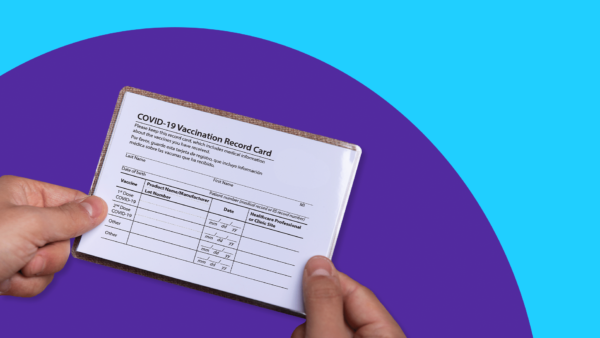
Prevnar 13 Vs Pneumovax 23 Differences Similarities And Which Is Better For You
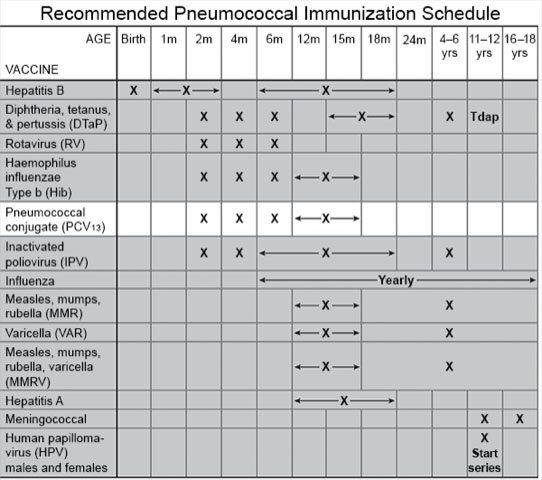
Pneumococcal Vaccine For Children What You Need To Know

Vaccines Infectious Dis Medbullets Step 2 3
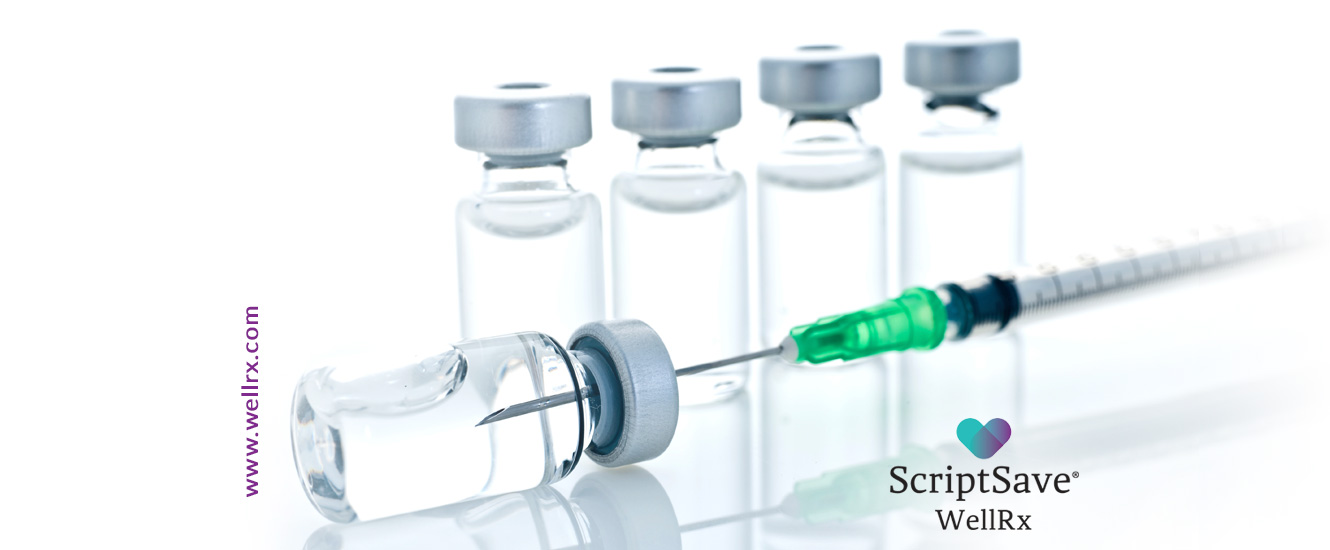
Can You Get Pneumonia From The Pneumonia Vaccine
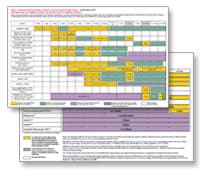
Hib Vaccine Recommendations Cdc

Sabin Vaccine Institute Vaccine Iq Booster There Are Many Types Of Pneumococcal Disease Pneumococcus Is A Type Of Bacteria And One Of The Most Common Causes Of Severe Pneumonia And Can
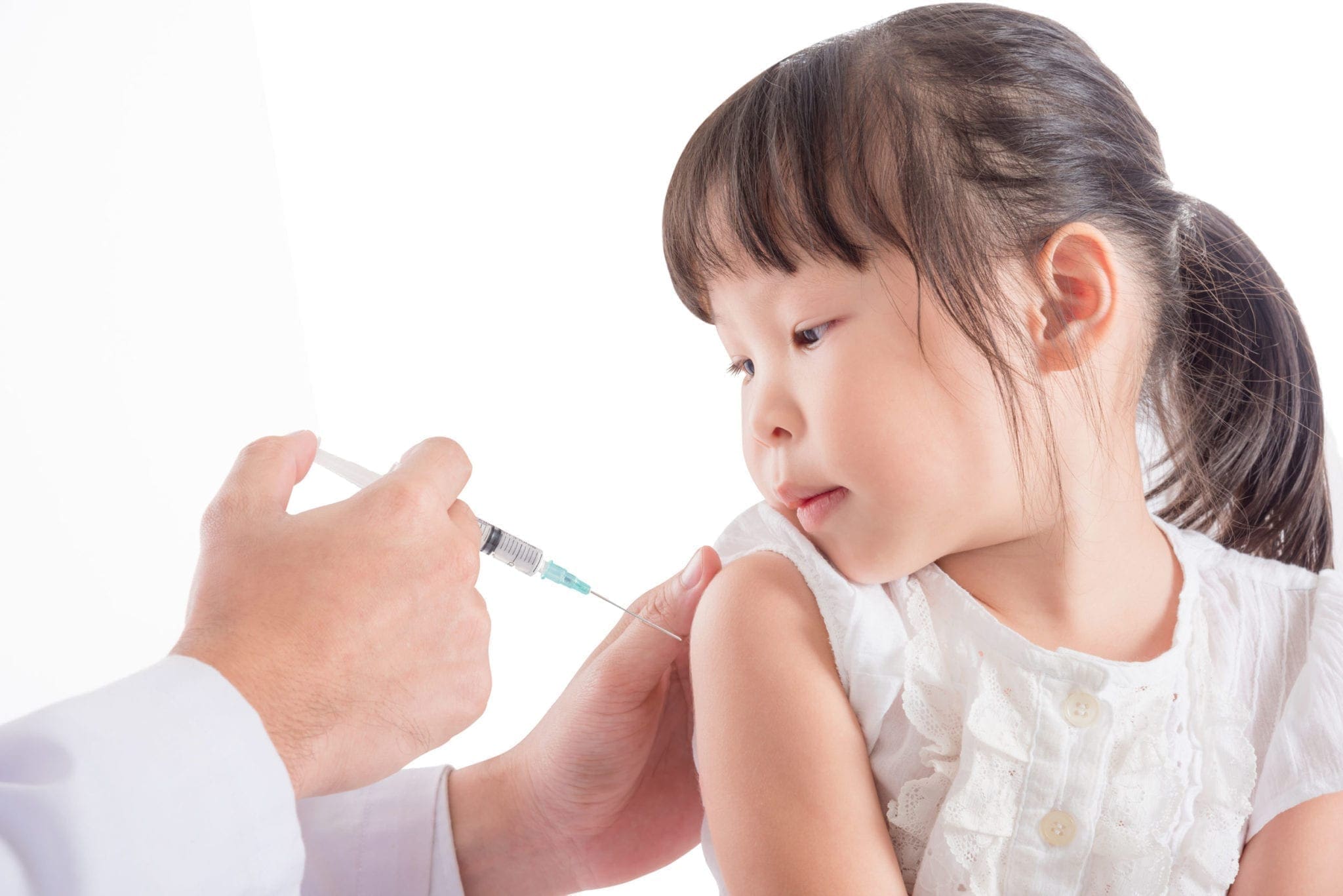
Pneumococcal Conjugate Vaccine What A Parent Needs To Know

Pneumococcal Vaccination For Children
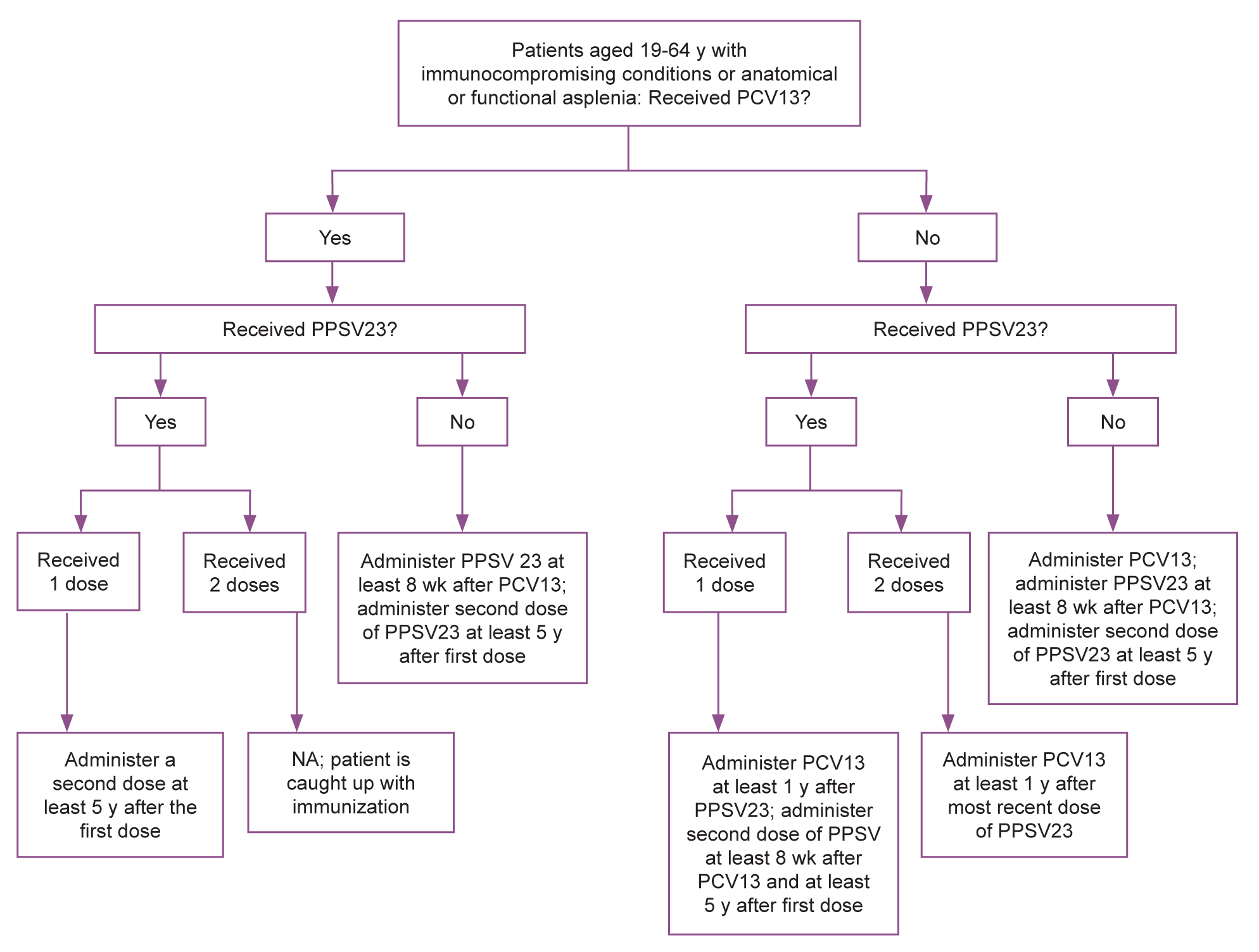
Pneumococcal Immunization Coalition Of Delaware

Vaccines Help Prevent Serious Diseases In Your Baby News Moms Need

Immunisation Inject To Protect
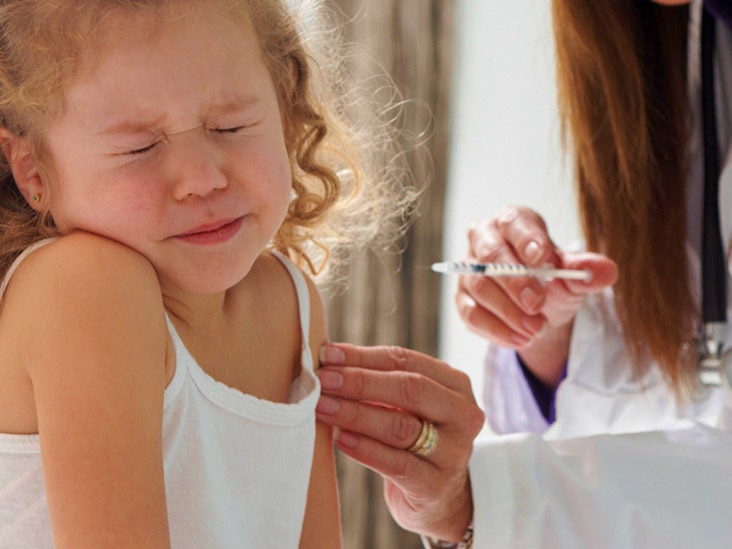
Pneumonia Vaccine Side Effects In Babies And Adults

Vaccines Infectious Dis Medbullets Step 2 3
